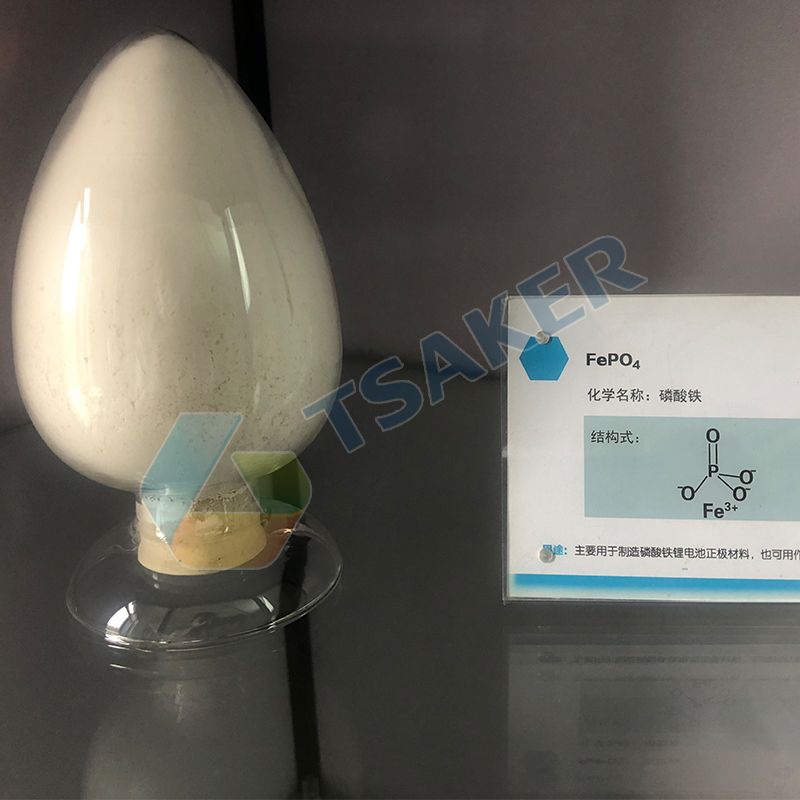The Benefits of Using Iron Phosphate in High-Energy Density Batteries
The growing demand for high-energy density batteries, particularly for use in electric vehicles and grid storage systems, has prompted the search for new and improved battery materials. Iron phosphate (FePO4) is one material that has emerged as a promising alternative to traditional cathode materials such as lithium cobalt oxide and nickel manganese cobalt oxide. Here are some of the benefits of using iron phosphate in high-energy density batteries:
High theoretical capacity: Iron phosphate has a theoretical capacity of 170 mAh/g, which is higher than the capacities of some traditional cathode materials. This means that iron phosphate can store more energy per unit weight, making it an attractive choice for high-energy density applications.
Low cost: Iron phosphate is a low-cost material, as the raw materials used to produce it are widely available and inexpensive. This makes it an attractive option for battery manufacturers looking to reduce the cost of their products.

Environmental sustainability: Iron phosphate is considered to be an environmentally sustainable material, as it is free from toxic metals such as cobalt and nickel, which are commonly used in traditional cathode materials. Additionally, the production of iron phosphate has a lower environmental impact compared to other cathode materials.
Long cycle life: Iron phosphate has a long cycle life, which means it can be charged and discharged repeatedly without significant degradation of its performance. This is important for applications that require long-lasting batteries, such as electric vehicles and grid storage systems.
Safety: Iron phosphate is considered to be a safe material for use in batteries, as it is less prone to thermal runaway and other safety issues compared to other cathode materials. This makes it an attractive choice for applications where safety is a primary concern.
Flexibility: Iron phosphate is a versatile material that can be used in a variety of battery chemistries, including lithium-ion, sodium-ion, and potassium-ion batteries. This flexibility allows for a range of potential applications, from small electronic devices to large-scale grid storage systems.
Improving conductivity: While the lower conductivity of iron phosphate compared to other cathode materials has been a limitation, ongoing research is focused on developing ways to improve the conductivity of iron phosphate-based batteries. One promising approach is the use of nanoscale iron phosphate particles, which can improve the overall performance of iron phosphate-based batteries.
Overall, the benefits of using iron phosphate in high-energy density batteries make it an attractive alternative to traditional cathode materials. As research and development in this area continue, it is likely that iron phosphate-based batteries will play an increasingly important role in meeting the growing demand for reliable and sustainable energy storage solutions.

